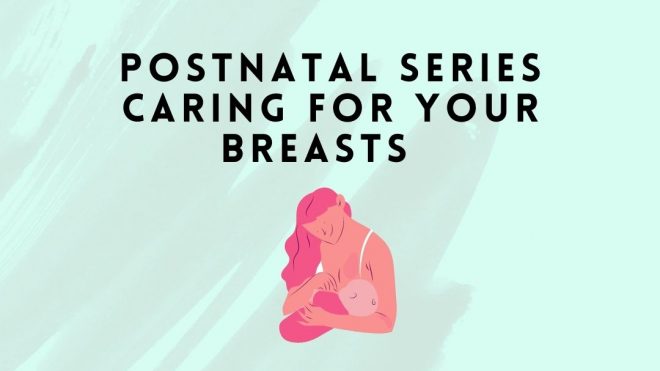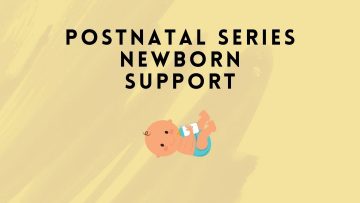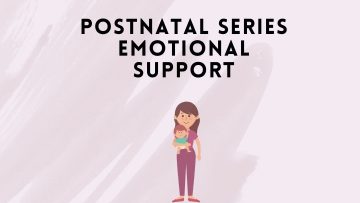Having a newborn is a busy time and looking after your breasts may be low on your list of priorities. However, good breast care can help prevent problems such as cracked nipples or mastitis and is often the key to making your breastfeeding journey more successful. Here are some tips.
Getting the right latch
A lot of breastfeeding problems stem from a baby not latching on correctly. Breastfeeding is a learnt skill that takes time to perfect. Even though your baby’s gums look soft and cute, they can do some damage! So, before you give birth, try to read up on breastfeeding and attend instructional sessions such as the seminars run by Frances Perry House (Breastfeeding (francesperryhouse.com.au) so you can be well prepared.
After you give birth and during your stay at Frances Perry House, you’ll be able to drop into the breastfeeding room. Here the midwives can help you develop good habits for breastfeeding, including posture, how your baby should latch on, different breastfeeding positions and how to safely take your baby off your breast after feeding. After discharge, you can book in to the lactation consultant through the maternity care centre for ongoing support.
Dealing with engorged breasts and lumps
During the first few weeks after birth, your breasts may become engorged with milk, making them hard, painful and bumpy. Later on, you may experience smaller lumps. The following can help ease the pain and discomfort.
• Hand-expressing milk while you’re in the shower or using a breast pump to relieve some of the pressure
• Alternating breasts to make sure you’re feeding baby from both sides
• When breastfeeding, massage your breasts to make sure you’re moving the milk around
• Apply a warm cloth or heat pack to the affected area
If you have cracked and sore nipples, try using Lansinoh lanolin cream and rub a little breastmilk on your nipples. Speak to your lactation consultant about nipple shields as these can also help rest the nipples so that they can repair.
If you are experiencing abnormal swelling, breast tenderness, pain or a burning sensation, chills, nipple discharge or fevers, please see a GP as soon as possible. You may have an infection and it’s important to get this treated early.
Practise good hygiene
Shower every day and wear a clean, well-fitting nursing bra (preferably without underwire). Breast pads are essential too as they will soak up excess leaking milk. Regularly changing your clothes and pads will keep you dry and comfortable and help prevent bacteria or yeast growing, which can lead to infections.
Get support
Make sure you reach out for help with your breastfeeding concerns. Speak to your GP, Maternal Child Health Nurse, the WOGS midwives or call the Maternal Child Health hotline 13 22 29.⠀⠀⠀⠀⠀⠀⠀
⠀⠀⠀⠀⠀⠀⠀⠀⠀
Frances Perry House Maternity Care Centre has a ‘Breastfeeding Support’ program available up to six weeks after giving birth. (03) 9326 5947.⠀⠀⠀⠀⠀
⠀⠀
The Australian Breastfeeding Association has plenty of information and a 24/7 breastfeeding helpline 1800 686 268 / www.breastfeeding.asn.au⠀⠀
You can also use a lactation consultant – you can search for one at www.lcanz.org



